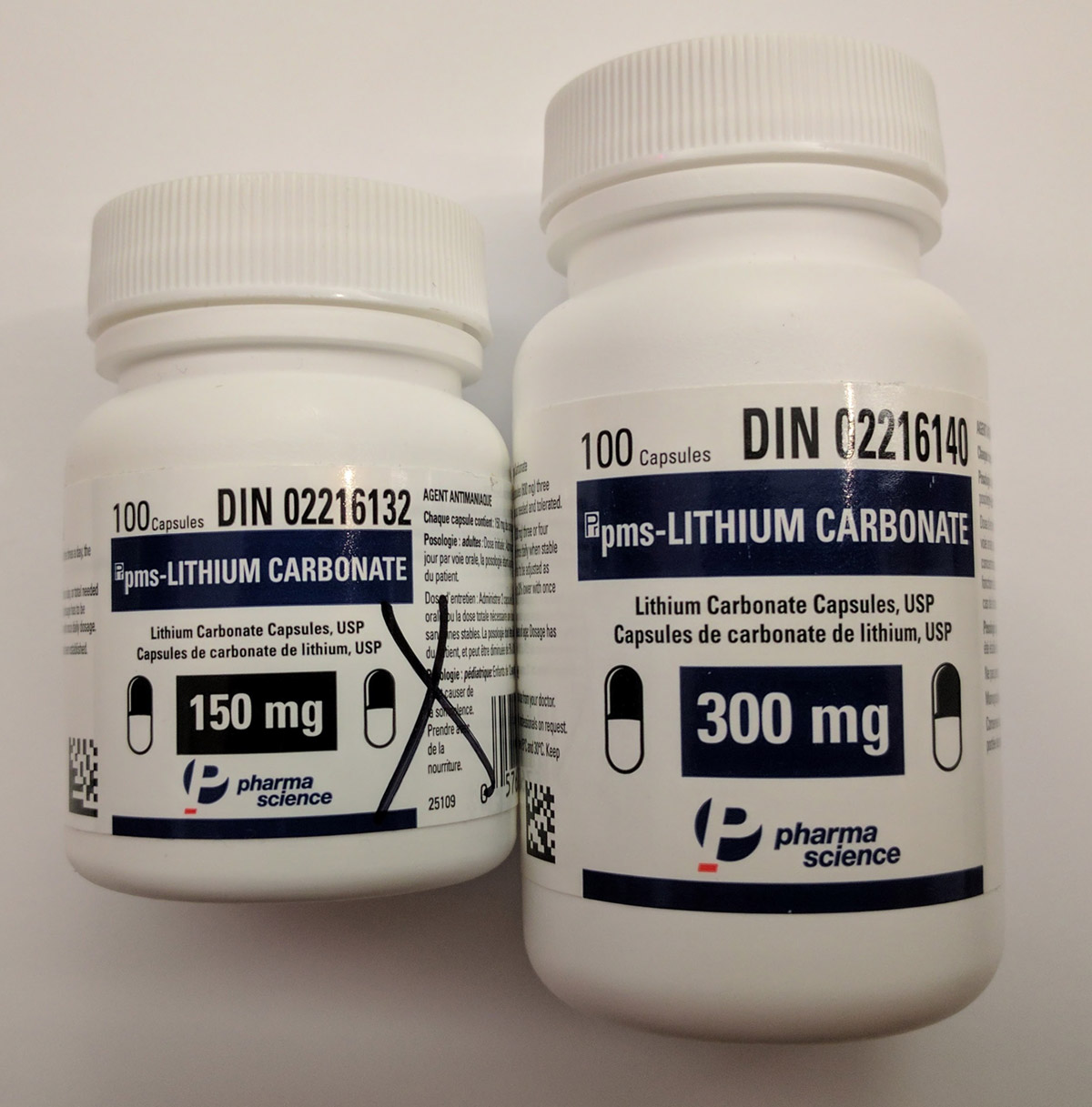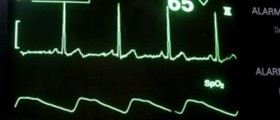
Lithium carbonate and the main facts
Lithium carbonate is a medication that is officially approved by FDA for the treatment of a wide range of mental conditions, but it cannot be used unless prescribed by a doctor. It is not a cure, but it helps in keeping certain symptoms under control, particularly in bipolar disorders. In order to be effective, it should be taken at the same time every day, because, that way its levels in the body will remain constant. The dosage will be prescribed by the doctor, and will depend on the condition in question, other medical conditions that might be present, as well as other medications that the patient might already be taking.
Risks and side effects related to lithium carbonate
It is important to collect all the relevant information before prescribing this medication and the dosage. If the patient suffers from some kidney or heart disease, if the levels of sodium in the blood are low, or if the patient is allergic to some food, or even some preservatives, it is important to be particularly careful. People with heart problems are at higher risk of experiencing lithium toxicity, but since it leads to frequent urination, it might also cause dehydration. In cases of pregnant and breastfeeding women, the decision regarding the use of this medications should be reconsidered because in such cases there is a high risk of serious damage to the fetus or child because it passes through the breast milk.
The signs that might indicate lithium toxicity include thirst, frequent urination, diarrhea, vomiting, weakness in the muscles, problems with coordination, and shakiness, and all these symptoms are typical of cases of moderate or mild toxicity. The signs of serious toxicity include giddiness, ringing in the ears, severe shakiness and blurred vision, although it is not excluded that the seizures appear as well.
Besides lithium toxicity, other side effects of this medication consist of twitching, vertigo, loss of appetite, nausea, and problems with bowel and/or bladder control. However, slurred speech, loss of hair, arrhythmia, slow heart rate, problems with vision, thyroid gland and even fainting and blackout spells can slso occur. As for the risk of interactions, in order to avoid them, it is recommended to carefully combine lithium carbonate with ACE inhibitors, diuretics, antipsychotics, NSAIDs and antidepressants, particularly those that are classified as selective serotonin reuptake inhibitors.

















Your thoughts on this
Loading...